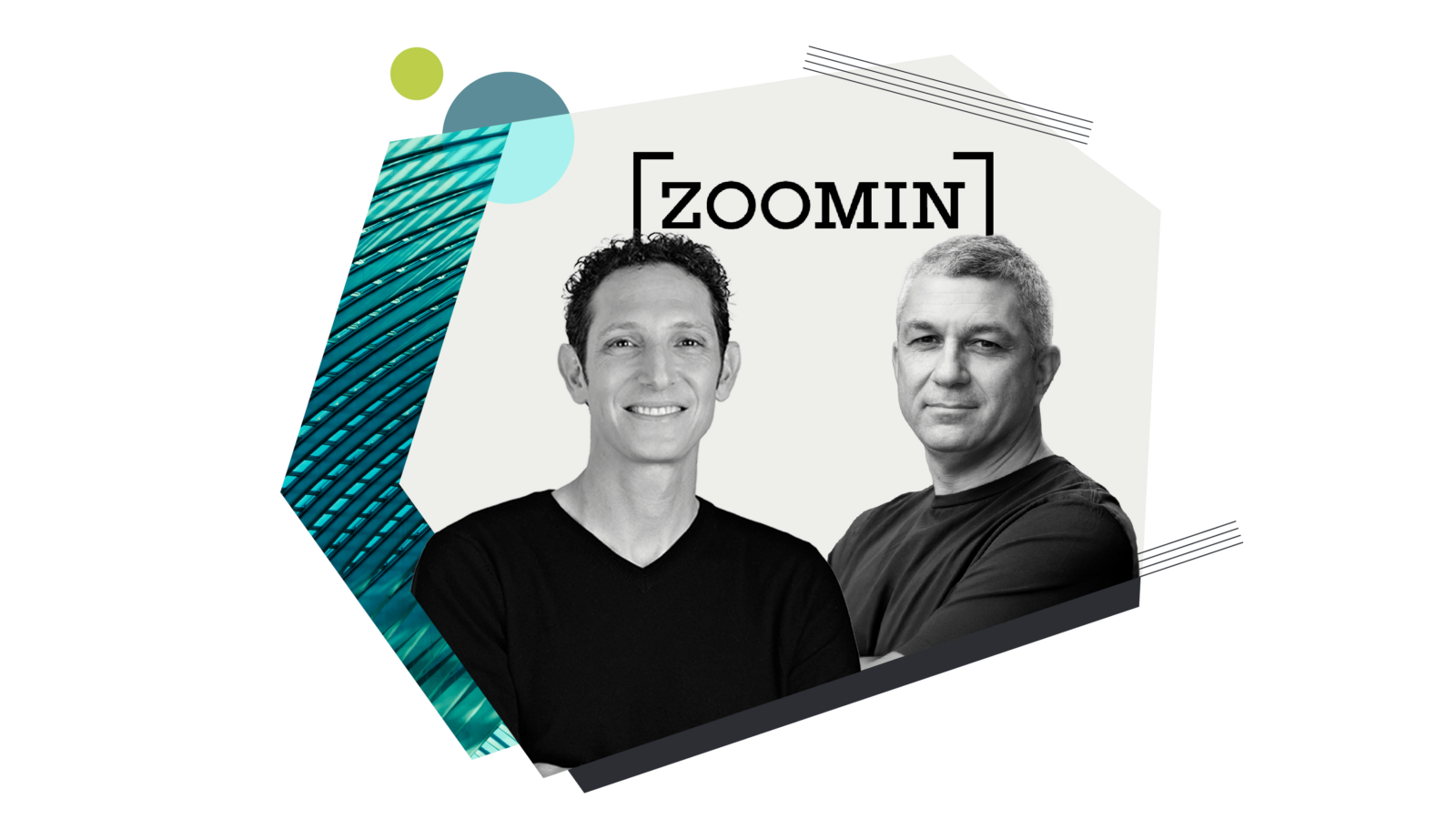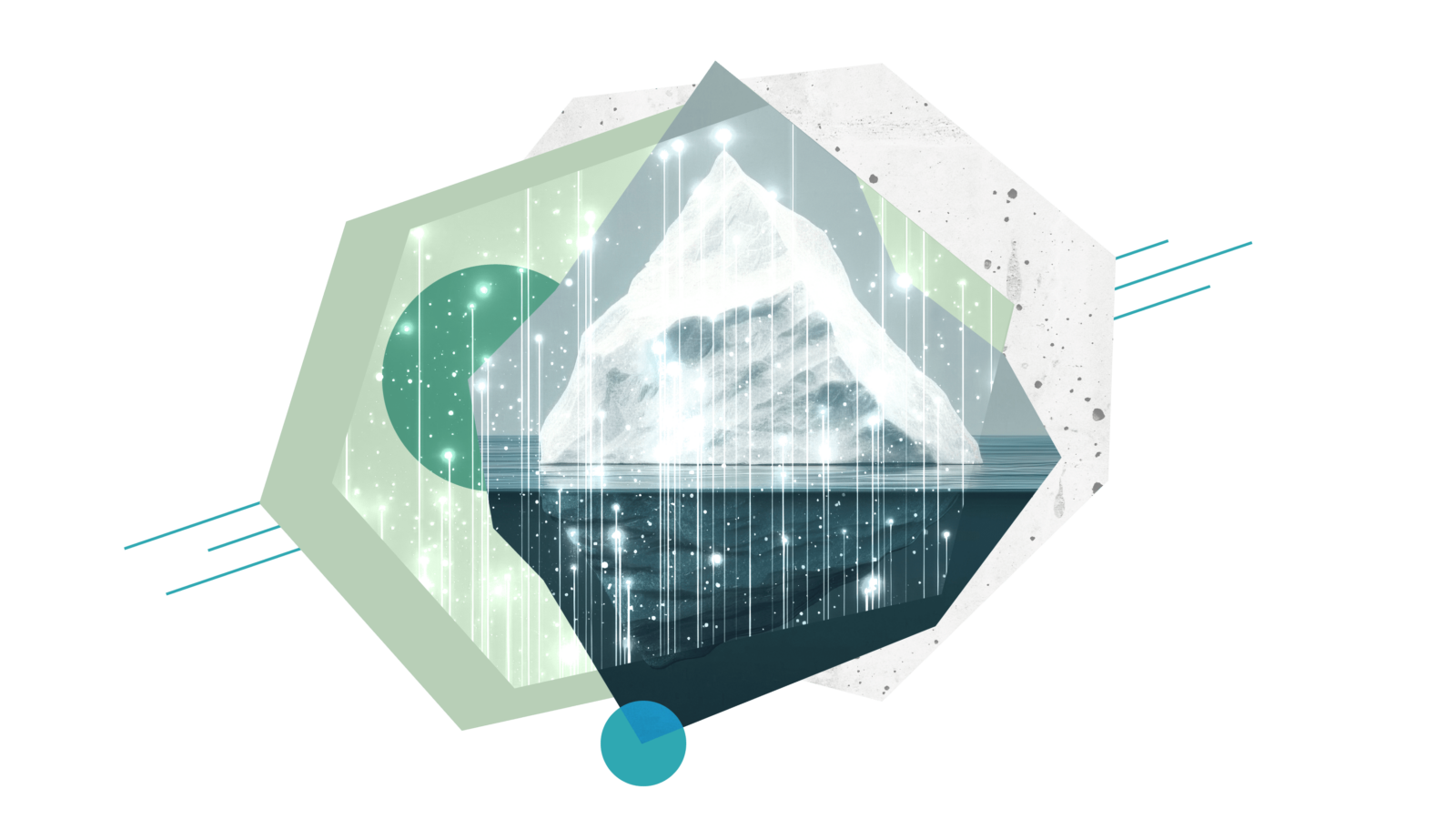From Illinois farm kid to multibillion dollar tech founder: A conversation with Therese Tucker of BlackLine
Therese Tucker, founder of Blackline talks about integrity, category creation, the power of hiring oddballs
Growing up, Therese Tucker’s parents had low expectations of her. But she is convinced this instilled the fire within her to prove people wrong and go after bigger ambitions. “The beautiful thing about my upbringing was that my parents didn't think I was that bright,” she says. “Not having a fear of failure was a huge advantage.” Growing up on a farm in Illinois, her parents encouraged her to take a typing course at her local high school so she could get a job as a secretary.
Therese defied their expectations by becoming the first in her family to go to college, pursuing a liberal arts degree. Without the anxiety that tends to come along with rigid expectations, she was free to follow her curiosity. She took a computer programming course as an elective on a whim, which ignited an unmistakable jolt of passion in her. “It was the most amazing thing,” recalls Therese. “You could write some instructions for this computer and it can execute them unbelievably fast, a million times in a row. I fell in love.”
She promptly switched her major to computer science, began her career as an engineer, and worked her way up to CTO at SunGard. But she was perpetually distracted by an entrepreneurial itch. Unsatisfied with the comfortable trappings of a corporate gig, Therese set out to build her own company. She joined us on Cloud Giants to share her story and reveal the hard-earned wisdom she’s accrued from her unconventional entrepreneurial journey.
More capital does not always mean faster growth
In the early days of BlackLine, Therese bootstrapped the business. “It was ridiculously hard. I lost so much sleep,” she says. But despite the challenges inherent in a scrappy early-stage technology company, Therese attributes much of her present-day success to the frugality she was forced to practice in the early days.
“When you are spending your own money, you learn to do it really well,” she says. “You learn that if you sign up for a trade show at the last minute, you can get a really good deal. You learn how to use your frequent flyer miles to get airplane tickets. You learn how to take every single dollar and put that dollar towards generating more revenue.”
This efficiency continues to serve her to this day, even with a much more generous supply of cash to burn. What’s more, she maintains she could not have grown the business faster with more capital early on. While she acknowledges that this is not the case for every business, her unique situation demanded a slower, steadier approach to growth.
“We were creating a new market. And the reality is that is a fairly slow process, no matter how much money you take and throw at it,” she says. Building brand awareness, and educating the marketing on an entirely new offering requires persistence and consistency. Also the finance demographic she was targeting could often be more change-averse and conservative-leaning. This meant more time was needed for the message to seep in.
“I didn't get a salary for my first five or six years at BlackLine,” she says. “And when I finally did, it was $30,000 a year and it was about one-tenth of what I'd made at SunGard. And I was thrilled.” While today BlackLine is a market leader, the slow and steady approach still grates against Therese’s driven nature. “I still get frustrated because we have over 3,000 customers and I'm like, ‘Why don't we have 30,000?’”
Hire the oddballs and corporate misfits. They know how to innovate
Therese scoffs at a technology landscape obsessed with hiring for “culture fit.” She firmly believes that some of the best hires are the so-called oddballs. “You need to find the kind of people that don't fit well in corporate structure,” she says. “And frankly, sometimes that's because they're just too bright.”
As a pink-haired CEO who is quirky, bold, and unafraid to speak out about social issues, Therese advises her fellow founders to value the innovators and challengers, who often aren't comfortable in a bureaucratic establishment. She recalls losing one of her best engineering hires after a period of significant growth. This engineer had duct-taped an extension cord across his island. The next day they had people in the office, running cabling up through the ceiling and down for him. That’s when he called it quits—he felt the company had gotten too big.
But the people who are uncomfortable with bureaucracy are the best ones to disrupt the industry to build a new product in an undefined category. “The best hires sometimes don't have a tolerance for BS,” says Therese. “They just want freedom to get things done. And you know what? Those people are really fun to work with.”
Let your customers dictate your product direction
BlackLine’s earliest product iteration was a wealth management software. But Therese and team were up against a catch-22 familiar to most founders: Until you gain some momentum, it's very difficult to gain any momentum. Early prospects were reluctant to give a 10-figure software deal to a four-person team who could not guarantee they’d still be in business next year.
Therese managed to escape this impasse when a customer—The Bank of Nebraska—called one day with a request. They were closing out their books for the end of the year, and trying to figure out who owned which account reconciliation in a spreadsheet with over 10,000 accounts.
Therese was painfully low on cash, often taking short term loans from friends to make payroll. She even had to take out a second mortgage on her home. Out of desperation, Therese agreed to build something for them for $10,000—a modest sum considering the scope of the work, even for the time. When she began to scope the project, Therese was perplexed—she had assumed that enterprise resource planning platforms (ERPs) would have this functionality.
Therese uncovered an acute market pain point that nobody else in the market was building to solve, simply because everyone assumed ERPs did it. Listening to this simple customer request was how Therese stumbled into creating a new market. “If anybody had told me in those days how difficult it is to actually create a new market,” she says, “I don't know that I would have stuck it out.”
Don’t fret competitors, especially if you’re a category creator
A few years ago, Therese had to face a founder’s worst nightmare: An employee had defected and used proprietary insider knowledge to build a competitive product. “I was bitter for a very long time because it was against my own values,” she says. “I just thought that it was wrong.”
Making matters worse, Therese couldn’t afford to launch an IP lawsuit—it would cost her deeply, both financially and in time, and according to lawyers, she only had a 50-50 shot at winning. With hopes of legal action dashed, Therese had no choice but to keep taking the high road and trusting her superior product would win out.
In a high-stakes sales cycle with Costco, Therese was dismayed to learn that BlackLine was being compared to her former employee’s product. The prospect had told her verbally she had gotten their business, but Therese knew better than to celebrate before the contract was officially signed. That’s when this competitor called, and offered Costco their software for free.
“When I heard that, I actually got on a plane the next day, which was expensive,” says Therese. She met with their CFO, and didn’t drop the price. Instead she assured them she would personally throw her weight behind making them successful. She also added some products to what they had purchased for free. The CFO told her that he firmly believed that a good deal is a good deal for both sides—and if you're getting something for free, then it's probably not worth a whole lot.
But what caused Therese initial shock and anger ended up advantageous for the company. “Turns out, it's actually a really good thing to have a competitor,” says Therese. “Because most companies won't purchase it if they don't have somebody to compare you to.” Having multiple companies in the market can act as powerful validation of the need, and the comparison can often highlight your company’s differentiation. “You have to act with integrity even when others don’t,” says Therese. “Trust that it will work out for the best in the end.”





